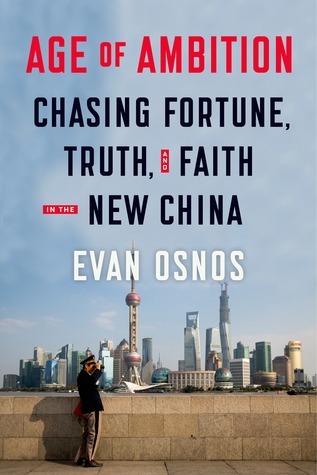Money and love had always been linked more explicitly in China than in the West, but the finances were simpler when almost everyone was broke. By tradition, a Chinese bride’s parents paid a dowry, and the groom’s parents paid a larger sum, known as the “bride wealth.” Under Mao, this exchange was usually made in grain, but in the 1980s, couples came to expect “three rounds and a sound”: a bicycle, a wristwatch, a sewing machine, and a radio. Or, in some cases, “thirty legs”: a bed, a table, and a set of chairs. In much of China, the custom persisted (in cash), but the financial stakes were
...more
Welcome back. Just a moment while we sign you in to your Goodreads account.


